Cake Snob
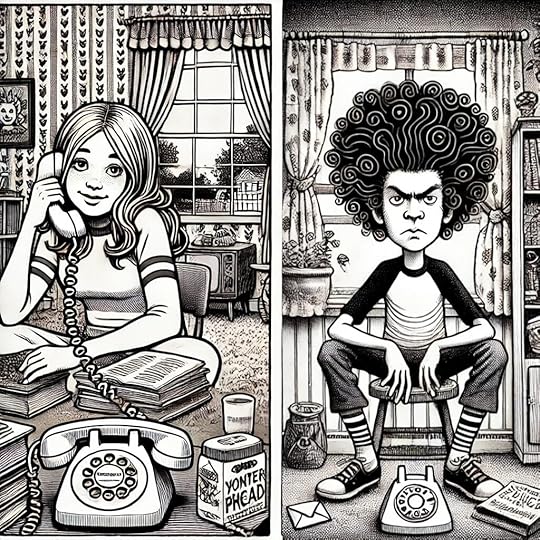
My boyfriend Kenny got mad at me because I didn’t butter his toast to the edge of the bread. It wasn’t even butter—it was margarine from a big plastic tub on his mother’s kitchen table.
I laughed. But he wasn’t kidding. To him, it was some kind of serious violation to not spread the yellow stuff—or the jam that went on top—to the very edge of the flimsy slice of Wonder Bread. His family ate Wonder Bread. It was my first encounter with it.
Kenny lived year-round in the cottage-town where my family summered. During the long winter, we talked on the phone. I probably sent him the odd letter, but we didn’t have a connection that way. Not like I had with my summertime friend, Caitrin, who also lived in Toronto in the winter.
She and I sent missives to each other’s homes from Thanksgiving weekend to Victoria Day. Once, we had an unspoken competition to find out what was the smallest envelope we could get through the Canadian postal service. We made our own envelopes, sometimes so little all they held was the smallest postage stamp and our addresses in the tiniest handwriting possible. Caitrin’s ingenuity always made me laugh.
But Kenny—every couple of weeks, I talked to him on the phone. After dinner, naturally, when the long-distance rate went down.
He told me one night that he’d baked a cake—a birthday cake for someone in his family. He sounded very proud of himself, and I was amazed and impressed. I’d never attempted such a feat. Lucy Maud Montgomery had mentioned fallen cakes and other such oven disasters often enough in the books I was reading that I knew cake-baking was beyond my reach.
In my family, my mom made the birthday cakes from scratch, and part of being the birthday girl was being allowed to choose the flavour and the icing. Although if you were my sister, Janey, you often got a heart-shaped cake because her birthday fell close to Valentine’s Day.
I don’t know how much she liked that. I sensed—and maybe so did she—that it wasn’t an “I love you” from our mom. It was a “look what I read how to do in Chatelaine magazine.”
I asked Kenny how he made the cake. What recipe did he use? Wow!
He said, why, the recipe on the back of the box, of course.
“That’s not a real cake,” I scoffed. “That’s a cake mix!”
I was stunned when he argued with me and refused to see the difference. His mother always made cakes this way, he said, in defense of his position.
We bickered.
I don’t know why I felt the need to change his mind on cake correctness, but I was a food snob—I just didn’t know it then. I believed packaged food products were inferior, and I thought that fact was obvious. Kenny, I’m sure, just thought I was a jerk, and our phone call ended with no resolution.
Kenny wasn’t wrong. He and I came from different worlds, and this was my first foray into the power struggle that erupts in relationships when the cultures of two families clash. I was blissfully unaware that my upbringing was baked into everything I believed. I thought the way we did everything was normal and correct.
Oh boy, was I wrong.
Welcome new subscribers!Each week I send out a little piece of writing. Sometimes it’s a personal essay and other times it’s a poem or piece of fiction. I hope you enjoy my scribblings. If the post prompts you to share something with me, by all means, hit reply to this email or leave a comment wherever you read this story. I’d love to hear from you.
For something lighthearted grab a paperback copy of my novel Odd Mom Out click here.
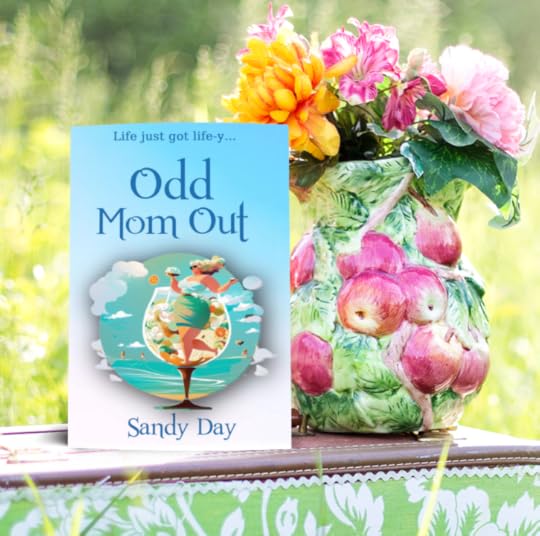
For a paperback copy of Head on Backwards, Chest Full of Sand, click here. And don’t forget to leave a rating or review. Your reviews and ratings help other readers find the book.
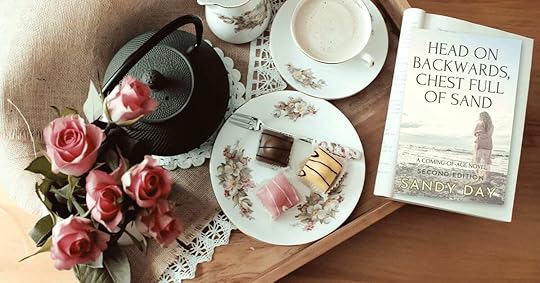
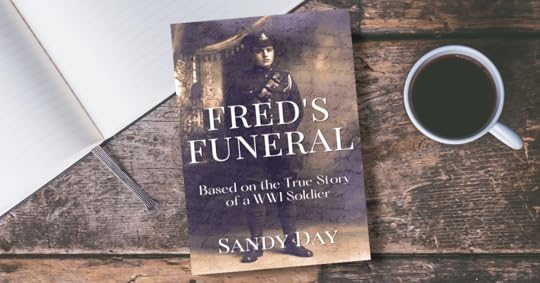
Haunted by war. Silenced by family. Desperate to be heard—at last.
After surviving the trenches of WWI, Fred Sadler expects peace, purpose, and a place in his family. Instead, plagued by anxiety and misunderstood by those closest to him, he slips further and further into the margins of life.
Now it’s 1986, and Fred is dead. But death doesn’t stop him from hovering at his own funeral, tethered to his bitter-tongued sister-in-law as she tells a version of his life he hardly recognizes. Watching, remembering, and bristling at Viola’s distortions, Fred aches for someone to understand the truth about him at last.
With a blend of poignancy and wry observation, Fred’s Funeral is a moving portrait of a forgotten life—and a reminder that even the most overlooked among us long to be remembered as we really were.
Appreciate my writing? Please click below to leave a tip in the Tip Jar!

Visit my website to discover more of my books.
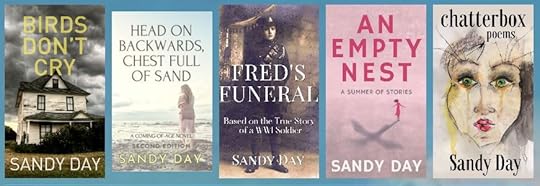 MORE FREE STUFF IF YOU’RE NOT DONE CLICKING!
MORE FREE STUFF IF YOU’RE NOT DONE CLICKING!
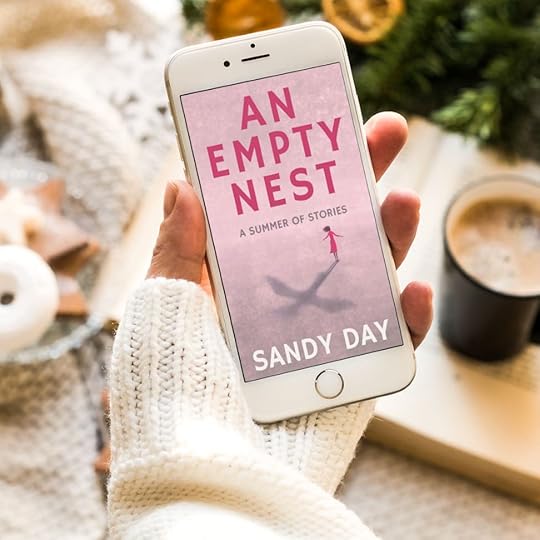
Click here for a free eBook copy of An Empty Nest: A Summer of Stories.

This newsletter is reader-supported. To support my work, consider becoming a paid subscriber.



